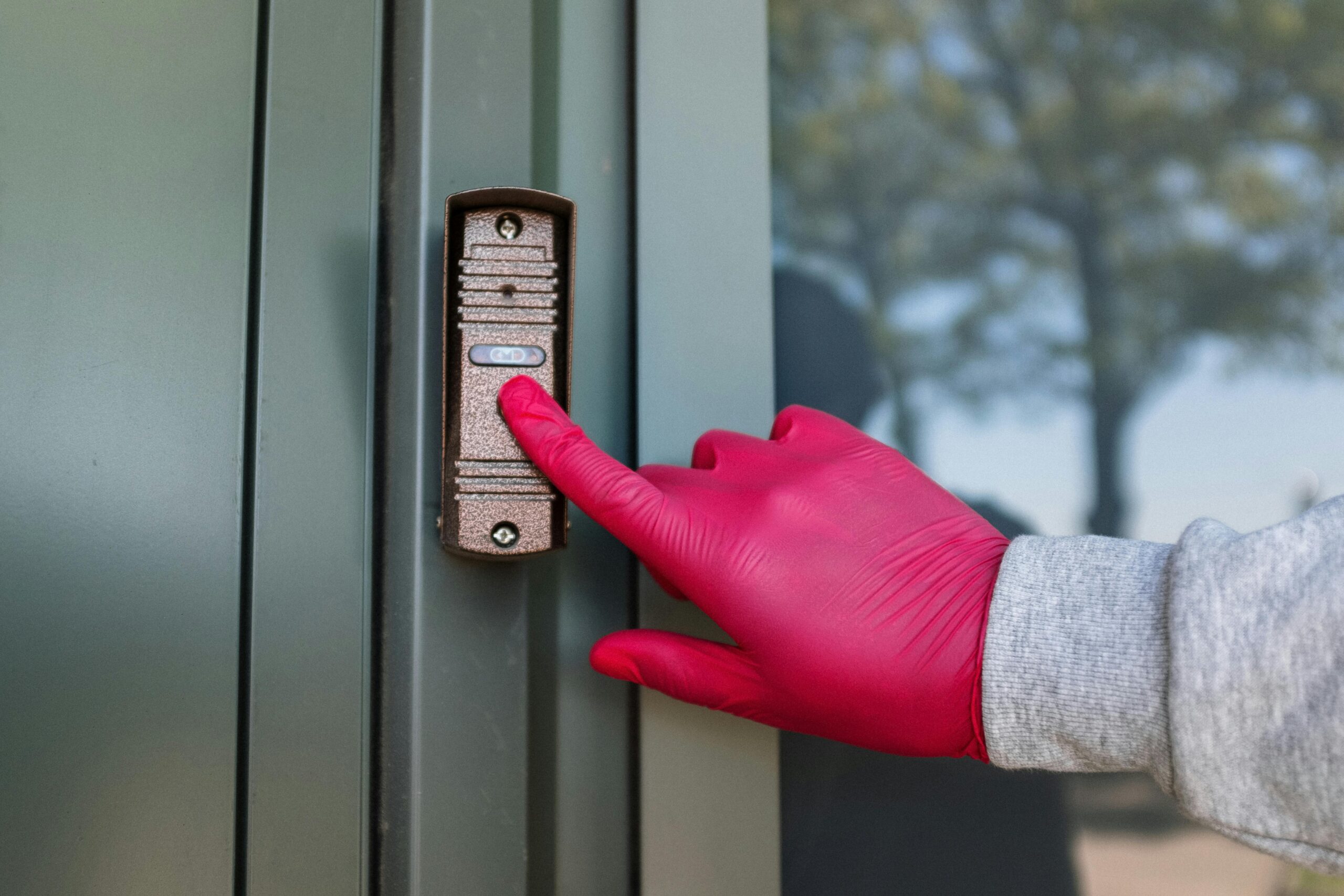How to Spot the Red Flags of a Home Security Scam
June 5, 2025

Your home is your sanctuary, and keeping it protected should be a priority—not a problem. But as demand for home security systems grows, so do the scammers. The unfortunate truth is that not every “security company” has your best interests in mind. Scammers are getting bolder and more sophisticated, which means homeowners must stay informed to avoid getting caught in a trap.
This blog post will help you recognize the most common red flags of home security scams, offer tips to keep you safe, and guide you toward trustworthy home security providers.
1. Why Home Security Scams Are on the Rise
We live in an era of smart homes, doorbell cameras, and remote surveillance. As technology becomes more integrated into our daily lives, the market for security systems expands—and scammers want a piece of the pie. These fraudsters often target:
-
Older homeowners
-
First-time homebuyers
-
People living in high-crime areas
-
Tech-savvy consumers who are eager to upgrade quickly
The good news? If you know what to watch for, you can easily sidestep the danger.
2. High-Pressure Sales Tactics
If someone shows up at your door and insists you “must act now,” take a step back—literally and figuratively. Scammers thrive on urgency and fear. They might say:
-
“This offer is only available today.”
-
“Your neighborhood has been targeted recently.”
-
“We’re working with your current provider.”
A reputable home security company won’t pressure you into immediate decisions. They’ll let their services speak for themselves, like the trusted providers listed in Top 5 Home Security Systems in the U.S. Right Now.
3. Vague Company Details or Fake Names
Scammers often use generic names like “National Security” or “Home Protect USA” and hope you won’t dig deeper. A legitimate business will have:
-
A professional website
-
Verified customer reviews
-
Clear service details
-
Contact information that actually works
Check out vetted companies like Frontpoint Home Security which have earned a reputation for reliability and transparency.
4. No License or Certification
Licensed security companies must meet specific requirements to operate legally. If the person at your door or on the phone can’t produce credentials or dodges the topic, that’s your cue to walk away. Many states require installers to have a license—don’t hesitate to ask for proof.
5. Unsolicited “Technicians” Showing Up
Beware of random visits from so-called technicians claiming to inspect or upgrade your system. These scammers may be trying to:
-
Case your home for future burglary
-
Sell you unnecessary equipment
-
Gain access to your current security system
If someone claims to be from your provider, call the company directly before letting them in. Never feel obligated to allow entry without proper verification.
6. Too-Good-To-Be-True Pricing
Scammers lure you in with shockingly low prices or “free” equipment, only to sneak hidden fees into the fine print. Real companies are upfront about pricing and services. Visit JNA’s Home Security page for options that balance cost, quality, and transparency.
7. Skipping the Fine Print
Shady companies often bury terms like auto-renewals, long-term contracts, or outrageous cancellation fees deep within the fine print. Before signing anything, read every line and don’t be afraid to ask questions.
8. Requests for Upfront Cash Payments
A common tactic? Demanding full payment before any service is rendered. While some companies may ask for a deposit, requesting full cash payments is a huge red flag. Always use traceable payment methods and get a written contract.
9. Fake or Forged Reviews
Online reviews can be misleading, especially if they’re overly vague or suspiciously glowing. Check multiple sources—Google, Yelp, and the Better Business Bureau—to confirm a company’s legitimacy.
Looking for genuine customer feedback? Read this detailed breakdown of Top U.S. Security Providers to see how real customers rank the big names.
10. No Customer Support or Follow-Up
A reliable provider has your back long after the installation. Scammers, however, disappear once they’ve got your money. If a company doesn’t offer ongoing support or installation guarantees, that’s a red flag you shouldn’t ignore.
How to Protect Yourself from Home Security Scams
Do Your Homework
Before signing with any provider, research their history, read reviews, and compare plans. The JNA Home Security Hub is a great place to start.
Always Verify ID and Credentials
Whether it’s a phone call or a door-to-door visit, ask for official identification and verify their claims independently.
Use Trusted Providers
Stick with companies that have an established presence and strong customer feedback—like Frontpoint, known for its customer service and advanced technology.
Read Contracts Carefully
Avoid hidden fees and surprises by reading the full contract before you sign. Take your time and don’t fall for pressure tactics.
Conclusion: Stay Safe and Smart
A home security system is supposed to give you peace of mind—not anxiety over being scammed. The key to avoiding fraud lies in being informed, asking the right questions, and only trusting providers with a proven track record.
Home security is about trust. Do your research, be cautious, and when in doubt—walk away. Remember, you’re protecting more than your house—you’re protecting your home.